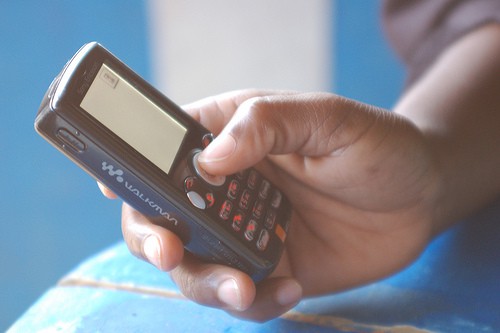
Imperial College London in the UK has launched a study to investigate how text messages can help prevent people with a high risk of diabetes developing the condition.
The College is to work with Rapide on the study, which will see half the proposed 1,000 subjects receiving three text messages a week (Monday, Wednesday and Friday) in the hope of motivating them to take positive action on their health.
Texts include: “Try to reduce your salt intake” and “Take a walk rather than use the bus today.”
Hazel Thomson, SMS study coordinator at Imperial, said: “If the system has shown to be effective through the study, SMS could be widely used across the health service to prevent type 2 diabetes and this would in turn have a hugely positive impact on the NHS and the general public.”
90 people are already signed up to the study and Imperial is inviting GPs across the country to recruit patients.
Rapide’s managing director Nigel Shanahan explained the rationale behind the study.
“When people receive text messages motivating them to eat more healthily or do more physical exercise, they will be reminded of the importance of looking after themselves,” he said.
“SMS technology is already widely used by the public sector to remind people about doctors or job centre appointments, reducing the chance of wasting both time and money, and we hope this will all have a similar positive effect.”
The UK investigation follows a similar one by Imperial in India, which found that after an average of 20 months’ follow-up, 18 per cent of the text message group developed type 2 diabetes, compared with 27 per cent of the control group.




